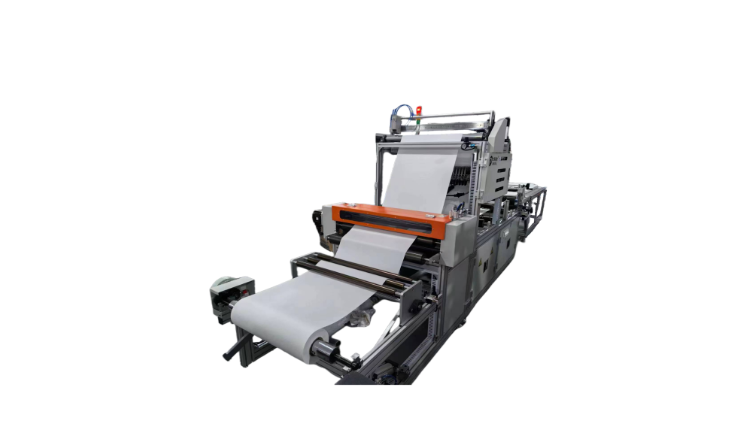Proper maintenance of filter production equipment is essential to ensure consistent performance, minimize downtime, and extend machine life. Neglecting routine maintenance can result in costly repairs, product defects, and production delays. This guide provides practical maintenance tips to ensure your filter production equipment maintains optimal efficiency, covering everything from daily inspections to long-term preventive measures.
Daily Inspection Procedure for Filter Production Equipment
A well-structured daily inspection procedure can help detect minor problems before they become serious. First, inspect the filter production equipment for unusual noises, vibrations, or leaks. Check belts, chains, and moving parts for wear and proper tension. Confirm that lubrication points are adequately lubricated and that all safety guards are securely in place. Monitor hydraulic and pneumatic systems for pressure fluctuations, which may indicate leaks or component failures. Keep a close eye on electrical connections to prevent overheating or short circuits. Recording these daily inspections in a maintenance log can help identify patterns and predict potential failures.
Cleaning and Debris Management for Filter Production Equipment
Dust, fiber particles, and adhesive residues can accumulate in filter production equipments, causing blockages and reduced efficiency. Clean regularly to remove buildup on rollers, cutting blades, and forming dies. Compressed air or a dedicated vacuum system removes debris from hard-to-reach areas. Pay special attention to the filtration system within the equipment—clogged filters tax the motor and reduce airflow. For machines that handle wet materials, wipe down surfaces and ensure that drainage is clear to prevent corrosion. Develop a cleaning checklist based on your specific equipment model to maintain optimal hygiene standards.
Lubrication Best Practices
Proper lubrication reduces friction, prevents overheating, and extends the life of moving parts in filter production equipment. Use the manufacturer’s recommended lubricant for bearings, gears, and sliding mechanisms. Over-lubrication attracts dust and causes sludge to accumulate, so apply the right amount of lubricant at specified intervals. Automatic lubrication systems can simplify lubrication for large operations. Always clean lubrication points before applying new grease to avoid contaminating the system. Develop a lubrication schedule and track which parts require frequent maintenance to prevent premature wear.
Replace Wear Parts
Even with proper maintenance, parts such as cutting blades, seals, and conveyor belts will eventually wear out. Monitor these parts closely and replace them immediately if they show signs of wear. Dulled blades can affect filter quality, while worn seals can cause leaks in hydraulic systems. Keep an inventory of critical spare parts to minimize downtime between replacements. If failures are frequent, consider upgrading to more durable materials, such as carbide blades or high-temperature washers. Work with reliable suppliers to ensure you get genuine parts that meet equipment specifications.
Maintaining Software and Control Systems
Modern filter production equipment uses programmable logic controllers (PLCs) and touchscreen interfaces. Keep software updated to benefit from performance improvements and bug fixes. Back up machine settings and production recipes to avoid data loss during power outages or system failures. Train operators to recognize error codes and perform basic troubleshooting. Dust and moisture damage electronic components, so control panels are kept clean and dry. Schedule regular inspections by certified technicians to verify that automated systems operate correctly.
Maximize Efficiency with Proper Maintenance
Well-maintained filter production equipment runs more efficiently, produces higher-quality filters, and reduces operating costs. You can minimize downtime and keep your production line running smoothly by implementing these maintenance tips—daily inspections, proper cleaning, lubrication, timely parts replacement, calibration, software maintenance, and preventive planning. Regular maintenance protects your equipment and ensures stable production and customer satisfaction. A disciplined maintenance approach is the key to long-term success in filter manufacturing.





























